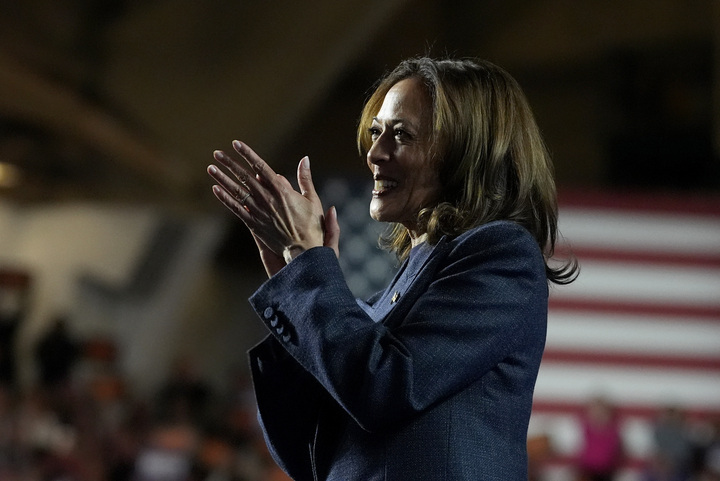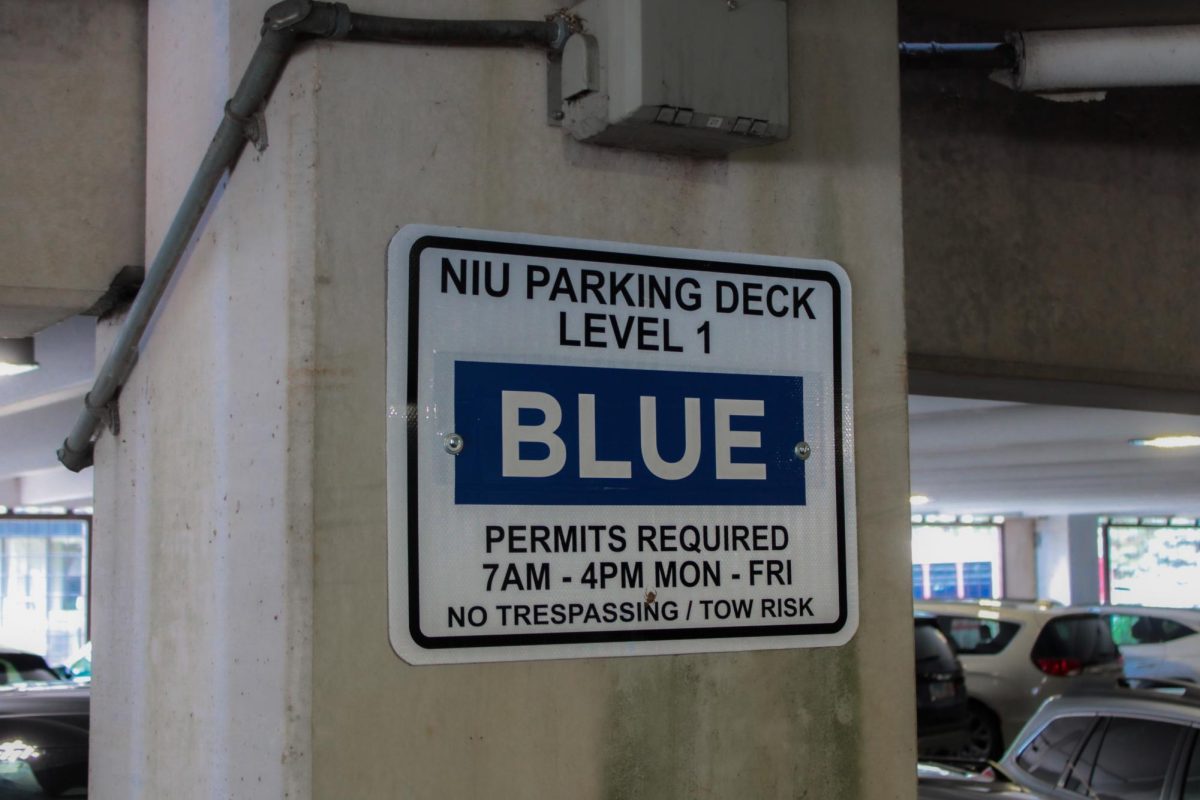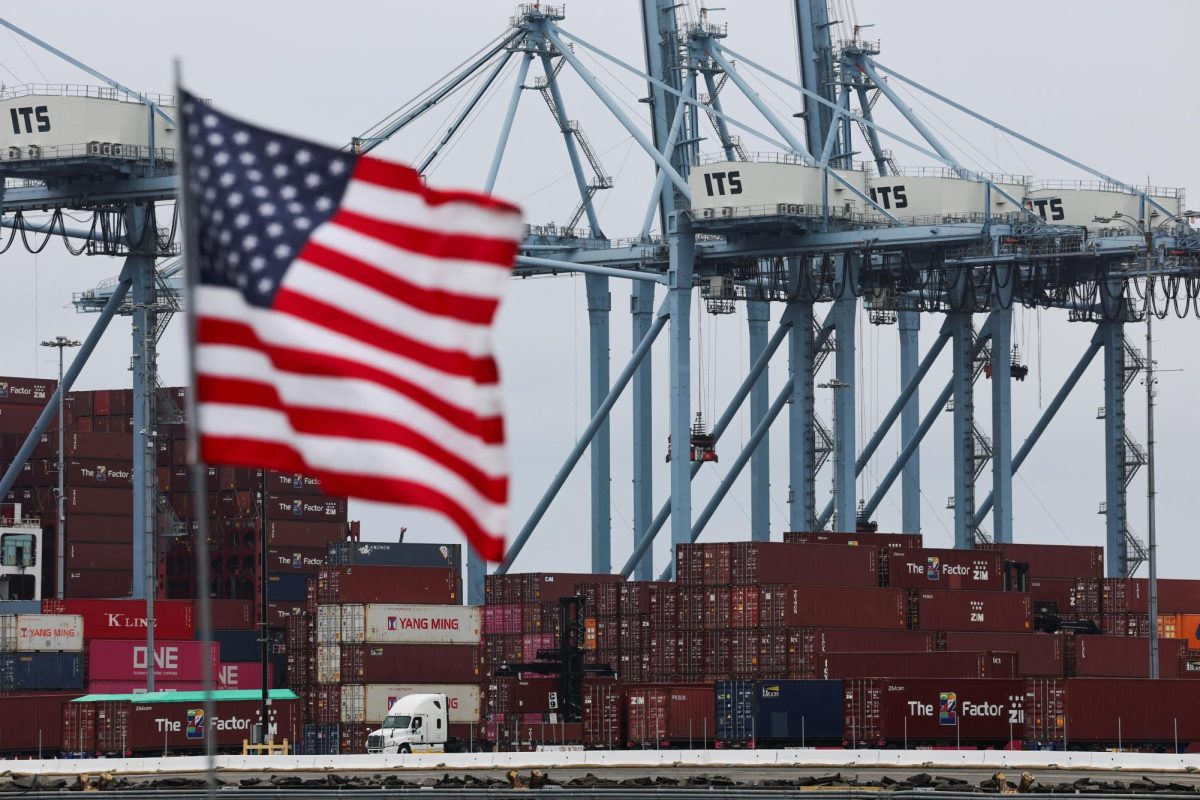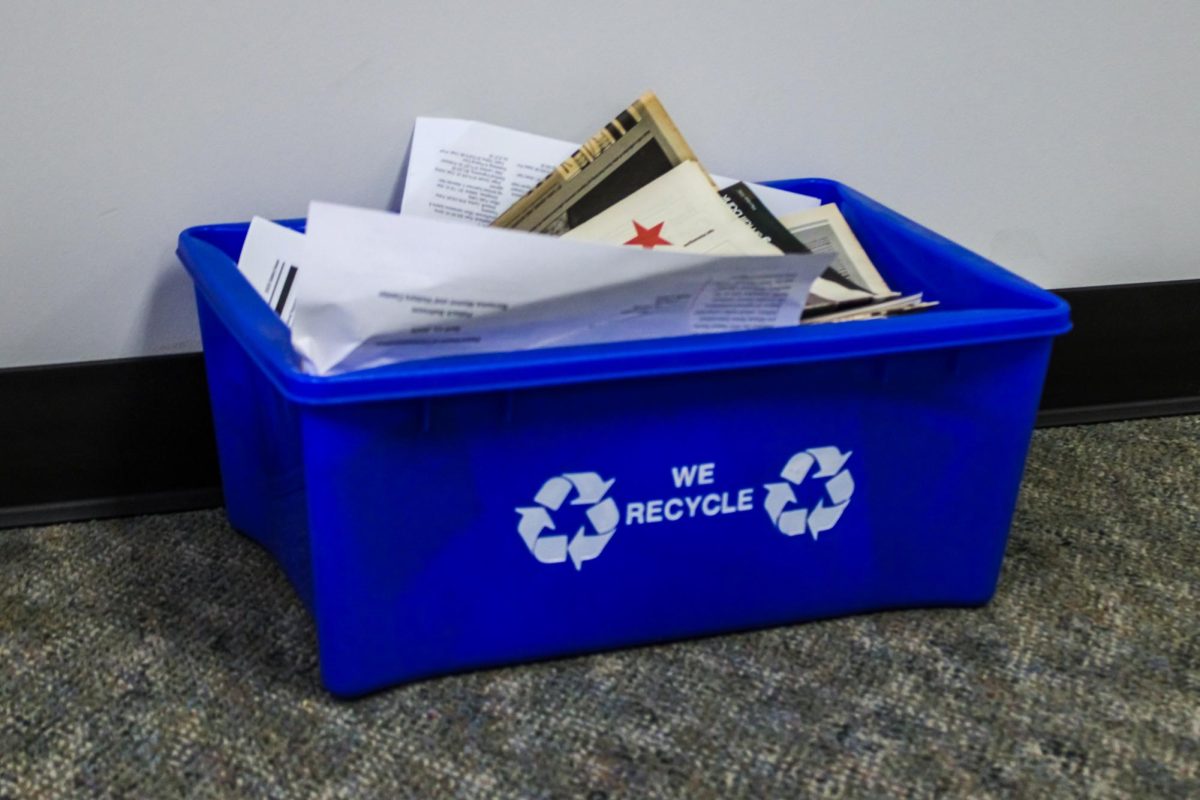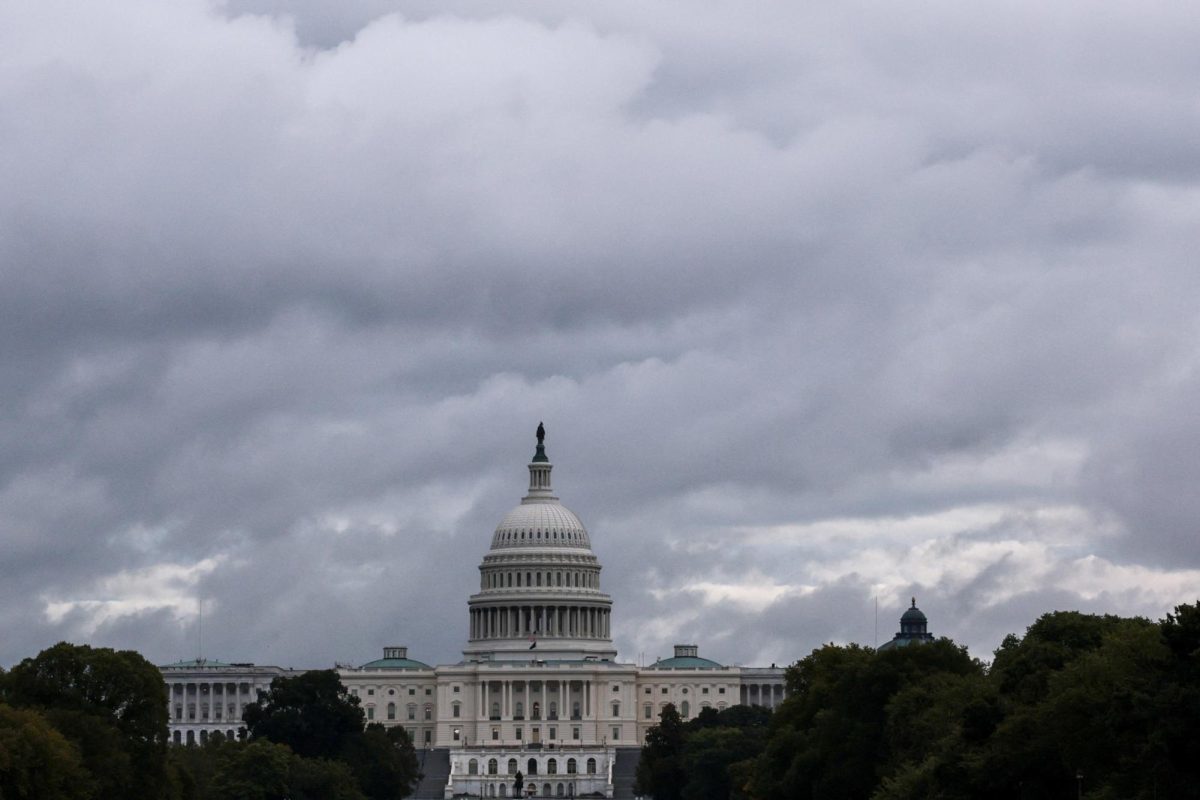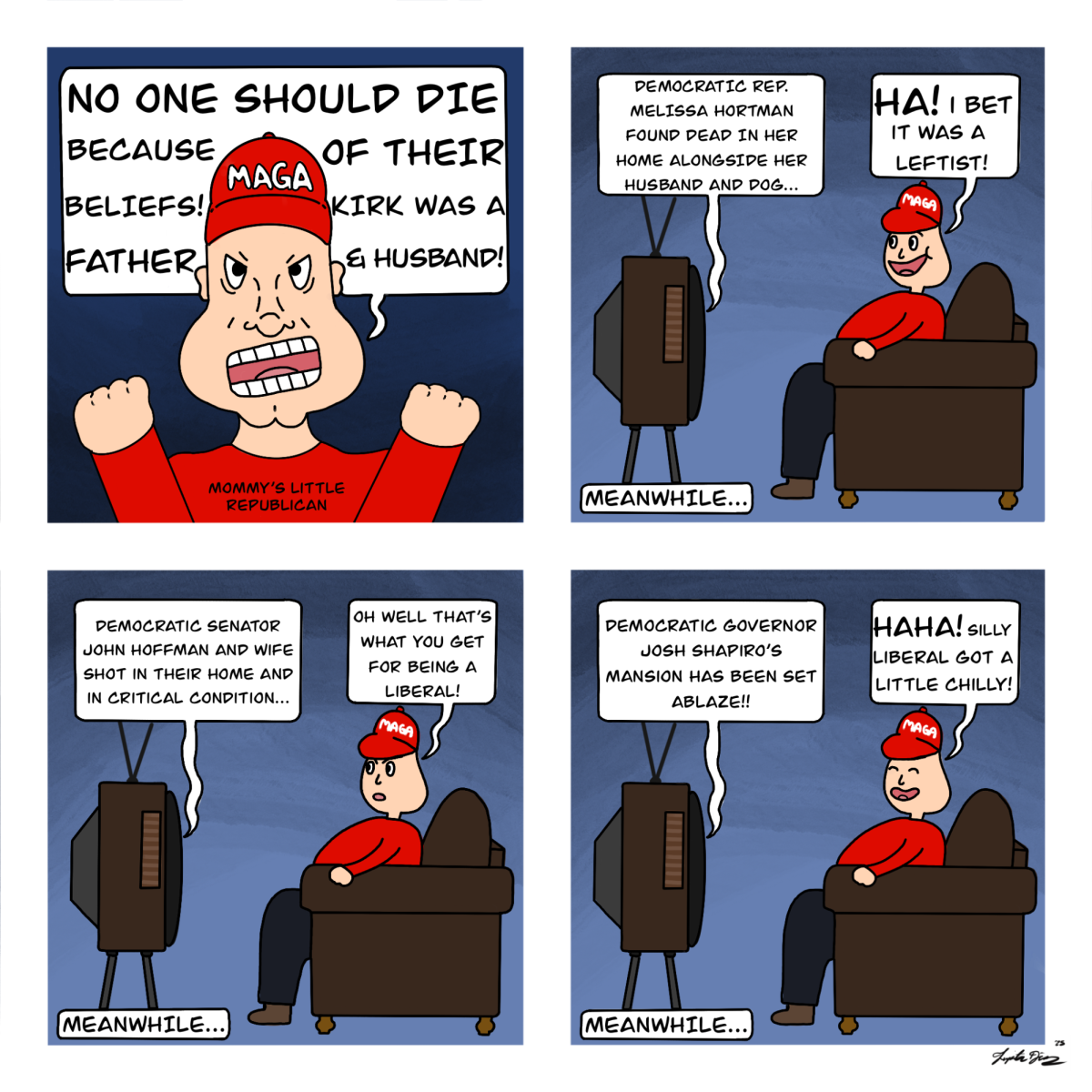After the Sept. 10 presidential debate, Donald Trump posed a question which sparked dynamic discussion: if Kamala Harris has served as vice president for three and a half years, why hasn’t she enacted any of her policies yet?
This question is unnecessary and based on ignorance.
But, with 67 million viewers tuning into the debate, it’s not surprising this statement sparked concerns about Harris’ senses of drive and initiative. This naive question should raise additional questions about Trump’s understanding of the role of the vice president in the United States government.
These attacks on Harris’ initiative have spread like wildfire across social media. But, to extinguish this wildfire of misinformation, people must understand the vice president has two vital roles: to preside over the U.S. Senate and to take over the role of president if the president is unable to perform their duties.
Scot Schraufnagel, a political science professor at NIU, specializes in U.S. Congress and elections and understands the role of the vice president to be a position that doesn’t necessarily give someone much power, or even work, at times.
“John Adams, the first vice president, complained about there not being anything to do and so forth, and there’s been a long history of vice presidents being very inactive and very uninvolved, and, you know, kind of a thankless job,” Schraufnagel said.
This is opposed to the president who can issue executive orders, veto legislation and extend pardons and clemencies for federal crimes.
Harris’ opponent Trump, a former president, undoubtedly understands the role of a vice president.
However, Trump seems to be intentionally misleading his passionate supporters with flashy arguments, such as the one criticizing Harris for not enacting any policies during her three and a half years in office – a claim that many people likely lack the civic literacy to effectively debunk. Ultimately, these misleading assertions undermine the Harris-Walz campaign. They also inflate Trump’s reputation and reliability as a politician, as his support is built on communicating anger and misleading facts to an audience eager to accept them.
Harris’ lack of power as vice president restrained her from enacting her own policies. It was not that she didn’t have the will or ideas, but that it was not her role in the White House during the Biden administration.
“The extent to which a vice president does play a policy role would depend upon the nature of the personal relationship they have with the president,” Schraufnagel said.
If the vice president seems to have a good relationship with the president, they might have more influence, meaning the vice president’s politics do matter even though their role is diminished.
Essentially, vice presidents can act as a consultant for the president, but this is not a necessary part of the role.
During the Biden administration, Harris could influence policies and executive orders, but it was not her role as vice president to enact her own policies. Attempting to take on presidential responsibilities would overstep her position and compromise her effectiveness in her duties.
Harris did not show a lack of initiative in her time as vice president, despite Trump’s accusations. Voters should look to the potential of a Harris administration instead of falling for Trump’s red herring arguments.


